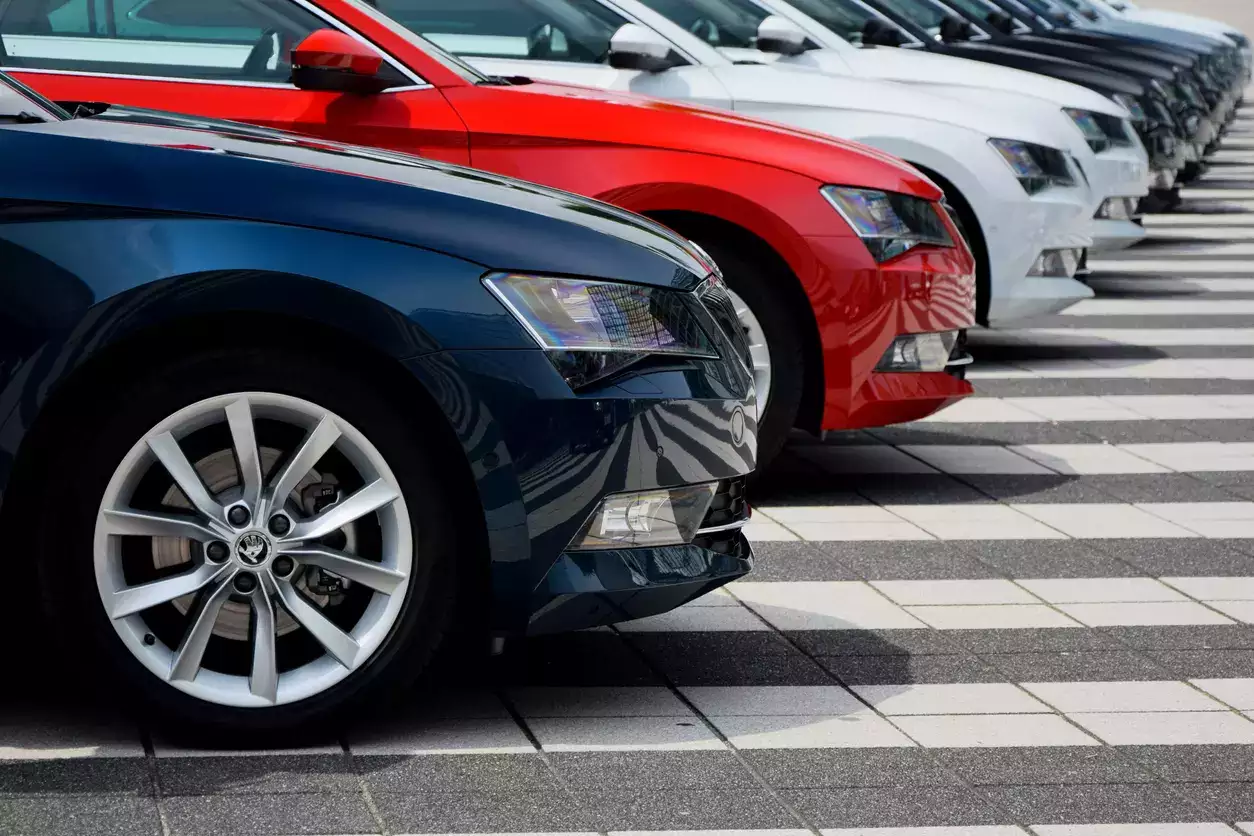
Top car makers such as Maruti Suzuki, Hyundai Motor and Mercedes-Benz say the average buying age, including for luxury vehicles, has fallen from the 40s to almost mid-30s between 2018-19 to 2023-24. Companies said over 70% of electric cars are currently bought by those in their 20s and 30s.
In the same period, the average age for Apple iPhone buyers has declined from 33-34 to 28-29 and for large screen televisions (size 55-inches and upwards) from 35-36 years to 29-30, as per industry estimates. Similar is the case with frost-free refrigerators and dishwashers.
“Vehicle prices have increased, but the average age of our buyers has come down by five years to 38 years in the last five years,” said Tarun Garg, chief operating officer at Hyundai Motor India. “Consumer today are aspirational and want everything — connected features, advanced tech, safety — and are willing to pay more for them,” he said.
Maruti Suzuki India senior executive director (marketing and sales) Partho Banerjee said the country’s largest car maker expects a further drop in the average age of car buyers as more young people join the workforce.
Marketers attribute the decline in age for high value product ownership to higher starting and lateral hiring salaries which several executives got during the pandemic-driven hiring frenzy, an aspirational younger workforce with limited liabilities, and growing popularity of consumer finance. They said many people in their first jobs are now buying cars costing more than INR 10 lakhs and latest smartphones priced nearly INR 1 lakh.
Smartphone brand Honor’s India CEO Madhav Sheth said not just the affluent but even white-collar executives aged 20-30 or those in their first jobs are buying premium smartphones. Apart from factors like increase in white-collar salaries and no-cost EMIs, the reach of brands to tier 2-3 towns having high disposable income has reduced the consumer age, he said.
For German luxury car maker Mercedes-Benz, the average age of the Indian buyer of a S-Class luxury limousine is now 38 years, one of the youngest globally, compared to 45 five years ago. “The proportion of sales to salaried professionals too has risen in this period, indicating structural changes in the luxury car market in India,” said managing director Santosh Iyer.
Rival Audi too is seeing 40% of sales from buyers aged less than 40.
As per Maruti Suzuki’s internal research, the average buying age has come down from 41 years to 36 years for sedans in the last six years, from 40 years to 37 years for multi-purpose and utility vehicles like Ertiga, and from 38 years to 36 years for premium compact hatchbacks like Swift and Baleno.
Industry executives said India’s demographics shifting towards the younger generation is further supporting this downward shift in buyer age.
Electronics industry researcher Counterpoint Research senior analyst Arushi Chawla said even in the non-premium smartphone segment, the average age of buyers has declined. “Post Covid, ownership of smartphones has taken an uptick among the younger age group. Even the economic prosperity and urban migration trends after the pandemic has fuelled the demand for smart TVs among a younger demographic,” she said.
Leading TV manufacturer LG Electronics India head for home entertainment business Abhiral Bhansali said a lot of young working executives are buying large screen TVs nowadays.
Disclaimer: The copyright of this article belongs to the original author. Reposting this article is solely for the purpose of information dissemination and does not constitute any investment advice. If there is any infringement, please contact us immediately. We will make corrections or deletions as necessary. Thank you.





